India is one of the fastest growing economies in the world with development across all sectors. But with development comes challenges in meeting sustainability targets for future generations. However, this remarkable progress is not without its challenges, particularly in the realm of sustainability.
Growth and development are commonly associated with a heightened demand for natural resources, resulting in a range of environmental pollution. Fortunately, amidst these challenges, chemistry can offer innovative solutions to navigate the intricate landscape of sustainable development.
In this hour-long webinar – broadcast live on 5 June 2024 – we invite you to explore the transformative potential of chemistry in driving sustainability across India’s diverse industries. From advancements in food technology to innovative approaches in bioenergy and wastewater treatment, you will gain valuable perspectives on how chemistry serves as a catalyst for sustainable solutions, addressing pressing environmental and societal challenges in India.
Join us to be part of the conversation with a webinar that will offer a platform for knowledge exchange, bringing together researchers working across a range of sectors who are charting a path towards a more sustainable future for India.
Speakers
Narpinder Singh
Narpinder Singh is currently vice chancellor at Graphic Era (Deemed to be University), India. He has a PhD in food technology and a distinguished career spanning 35 years. Narpinder has led numerous research projects funded by esteemed organisations and has held a JC Bose Fellowship since 2010. His research elucidates starch properties across botanical sources, benefiting breeders and industry. He explores the impact of heat stress on wheat and rice, revealing decreased starch synthesis and increased susceptibility to breakage in rice varieties lacking glutelin type-D1 protein. Additionally, he investigates protein structure-function relationships in legumes for gluten-free and eggless product formulation. His contribution in metabolomic profiling of crops highlights environmental influences on nutritional and processing traits, emphasising the importance of environmental factors.
Sourish Bhattacharya
Sourish Bhattacharya has a B Tech in biotechnology from West Bengal University of Technology, India, an M Tech in fermentation technology from the Institute of Chemical Technology, India and a PhD from Central Salt and Marine Chemicals Research Institute, India where he is currently a senior scientist. Sourish has a strong background in biochemical engineering with research interests in microalgal biofuel, bioplastics involving polyhydroxyalkanoates and polylactic acid, commercially important biopolymers for food and therapeutics, and microalgal biotechnology for nutraceuticals. In addition, he has expertise in bioremediation for industrial wastewater through the circular economy model. Further, as a bioprocess engineer, Sourish is very familiar with scale-up challenges within industry.
Nishad Fathima
Nishad Fathima is a chief scientist in CSIR-Central Leather Research Institute, India. She holds B Tech, M Tech and a PhD in leather technology from Anna University, India. Nishad’s work is focused on protein assemblies and has made significant contributions on the use of ionic liquids in the stabilisation/destabilisation process of collagen. Her work on biophysical studies on collagen has led to the development of biomaterials and value-added materials from proteinous waste. Her recent focus is on the development of gloves for extreme cold weather protection and for touch screen sensitivity. Nishad has been the project investigator for several projects funded by CSIR, DST, SERB, DBT, INSA. She has 127 papers in international journals, six book chapters, five Indian patents and one US patent to her credit.

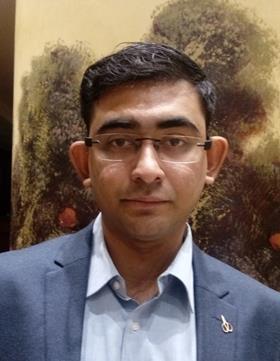
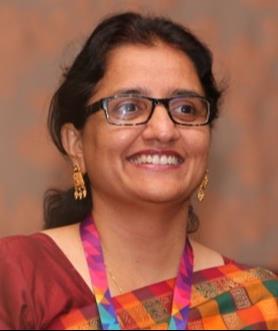





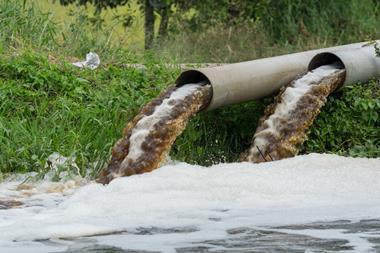
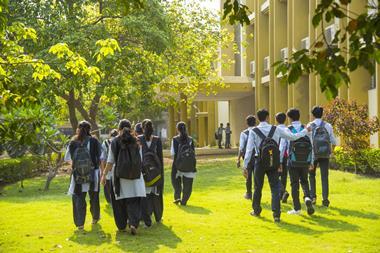
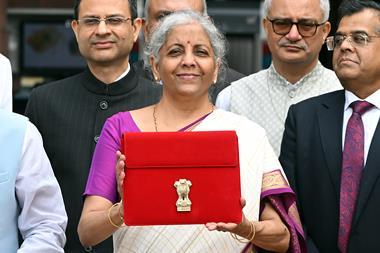

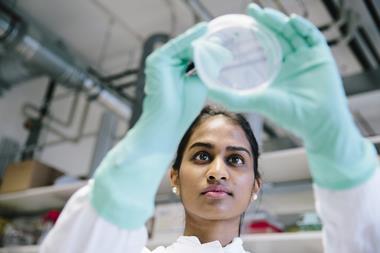








No comments yet